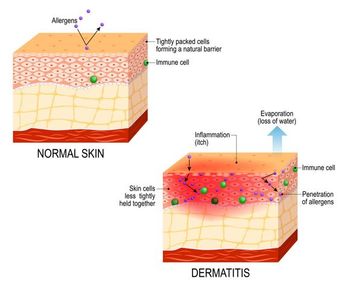
Crinecerfont Could Help Improve Physical, Emotional Health for Individuals with CAH
Crinecerfont, a CRF1 antagonist, could help reduce glucocorticoid doses for individuals with CAH and improve physical and emotional quality of life, says leading researcher.
In this short video, Richard Auchus, MD, PhD, principal investigator of the
Richard J Auchus, MD, PhD, is the James A. Shayman and Andrea S. Kevrick professor of translational medicine, professor of internal medicine, and professor of pharmacology at the University of Michigan Medical School in Ann Arbor, MI. His areas of work include molecular and genetic mechanisms of human hypertension, improved diagnostic studies and management in primary aldosteronism and Cushing syndromes, modifier genes in 21-hydroxylase deficiency, cardiovascular disease in polycystic ovary syndrome, and the endocrinology of traumatic brain injury.
Newsletter
Enhance your clinical practice with the Patient Care newsletter, offering the latest evidence-based guidelines, diagnostic insights, and treatment strategies for primary care physicians.



































































































































